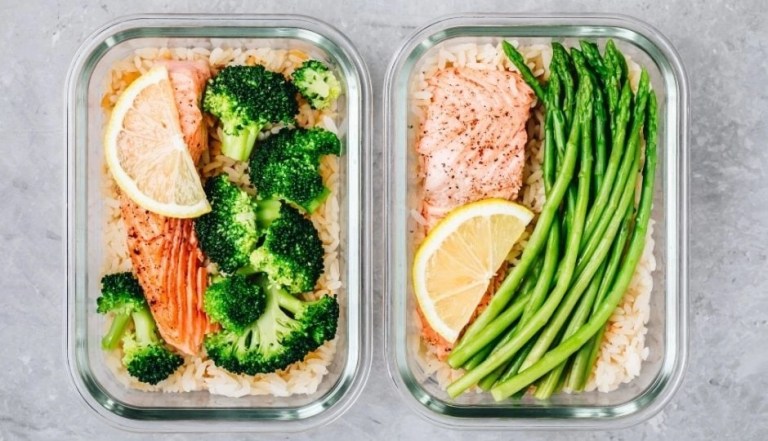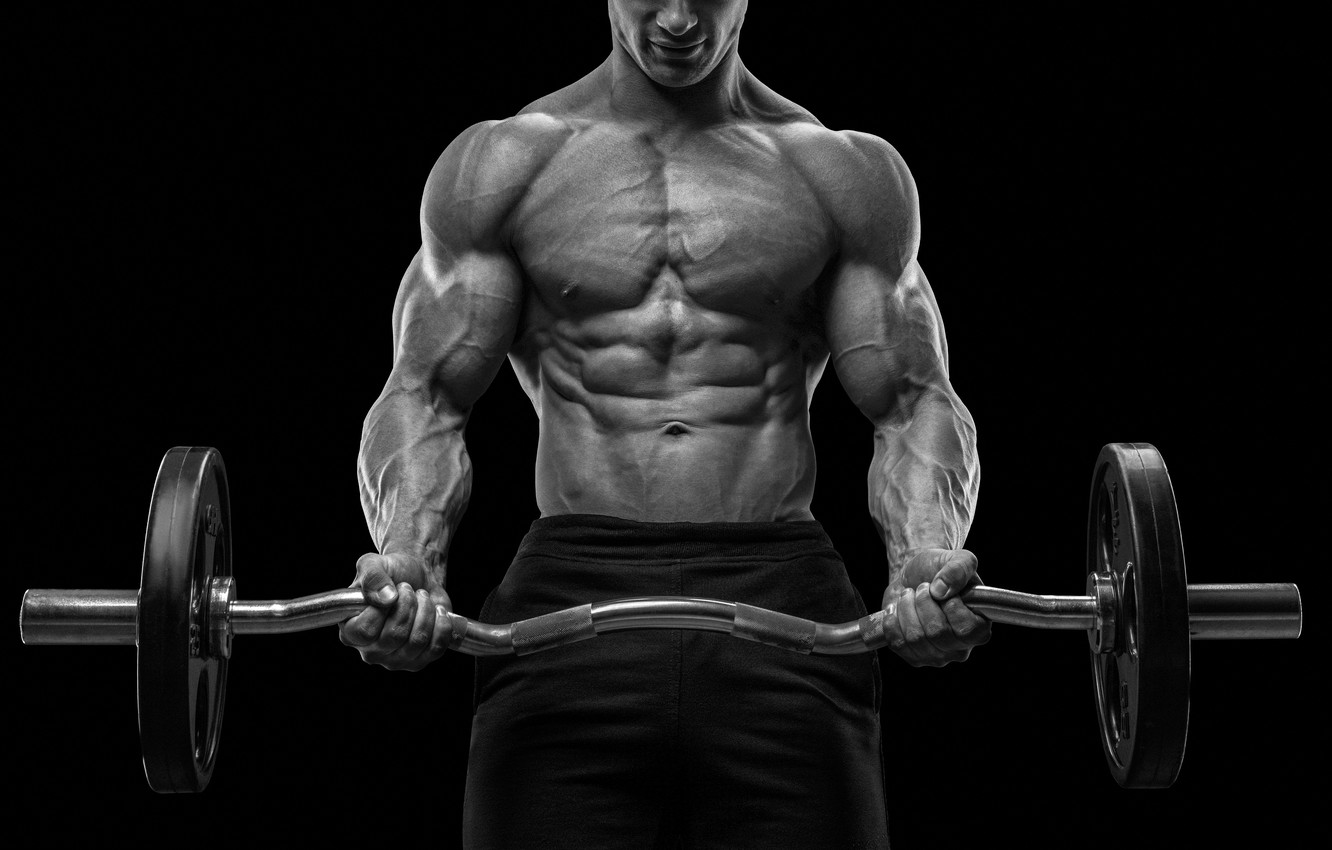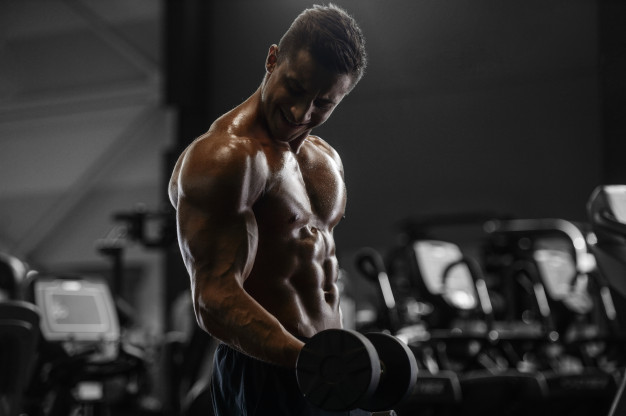You Are Not Eating Enough Protein
You have probably heard of how important protein is for those who aim to build muscle.
That’s only half of the story. Protein is the most important nutrient for losing weight.
Our bodies use more energy to metabolize protein when compared to carbs and fats.
When eating protein that is equal to 25-30% of your total caloric intake, it was shown to increase metabolism by 80-100 calories per day.
Another notable contribution of protein to weight loss is its ability to reduce appetite. Protein leaves you feeling fuller and lowers food cravings. This is mainly through protein’s effect on the appetite regulating hormone – ghrelin.
This study shows how by increasing the protein intake from 15% to 30% of total calories, participants ate 441 fewer calories. They reported feeling satiated and having no cravings for unhealthy foods. As a result, they lost 11lbs (5kg) in 12 weeks.
Protein can also help prevent metabolic slowdown and promote a more long-term weight loss solution.
Summary:
Protein is the most important nutrient for weight loss. Make sure that the macro nutrient makes up 30% of your total calories – that is about 0.8g to 1g of protein per 1lbs of your body weight. So, if you weigh 135 lbs that means you should eat about 135g of protein per day.
8. You Are Not Timing Your Meals

Meal timing is where you time your meals throughout the day to make sure that you maximize on their benefits and mitigate their drawbacks.
The time of the day that you eat your protein, fats and carbohydrate will drastically impact your workout performance and weight loss results.

Here is a simplified version of what your meal timing should look like:
1. Breakfast Time: This is when you would like to eat a balanced amount of carbs, fats and protein. Protein and fat will keep you full and satiated throughout the day. Carbohydrates will help kick start your day and ensure that you have a good amount of energy throughout it.
During your rest day you can opt in for a low carb, high fat and high protein meal This will kick start your fat-for-energy system.
2. Lunch Time: another well balanced meal with a bit more focus on protein and carbohydrates.
3. Pre-workout Meal: aim for the majority of your daily carb intake to be before your workout. Make sure that you have your meal about 1-2 hours before your workout so that the food is properly digested. The carbs before your workout will help improve your performance.
4. Post-workout Meal: more protein, carbs and less fats. Protein will initiate your muscle recovery, carbs will replenish your lost glycogen stores. Keep the fat intake lower as it will slow down the digestion of both proteins and carbs.
5. Night-time: High protein, medium fat and low carb. This is the time when you want to minimize the amount of carbs you eat. This is to ensure that you do not get a spike in insulin which will lower the release of growth hormone, which is responsible for long-term fat loss.
A low carb meal is anywhere from 10-15 grams.
Because your metabolism is at its slowest during night time, you would like to avoid high amounts of carbs as you are risking the potential of the nutrient benign converted into body fat.
Give your body enough time to digest your meal before going to bed – about 2-3 hours before sleep is ideal.
Try and avoid snacks before bed, especially those packed with refined sugars and carbs.
Summary:
The time of the day at which you eat your carbs, protein or fats will impact your workout and weight loss performance. Earlier in the day is when you would like to focus on eating your carbs (breakfast,lunch and before/after your workout) ensuring you have a healthy flow of energy for your day and exercises. Low carb, high protein and mid fat is your goal for night time.

